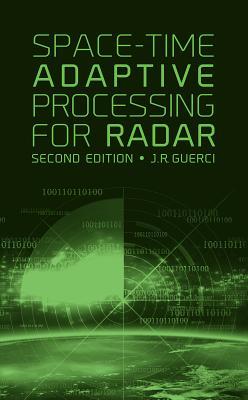Space-time adaptive processing (STAP) is an exciting technology for advanced radar systems that allows for significant performance enhancements over conventional approaches. Based on a time-tested course taught in industry, government, and academia, this second edition reviews basic STAP concepts and methods, placing emphasis on implementation in real-world systems. It addresses the needs of radar engineers who are seeking to apply effective STAP techniques to their systems and serves as an excellent reference for nonradar specialists with an interest in the signal processing applications of STAP.
Engineers find the analysis tools they need to assess the impact of STAP on a variety of important radar applications. A toolkit of STAP algorithms and implementation techniques allows practitioners the flexibility of adapting the best methods to their application. In addition, this second edition adds new coverage of STAP on transmit and knowledge-aided STAP (KA-STAP).
Contents Overview: Introduction; Adaptive Array Processing; Space-Time Adaptive Processing; Other Important Factors Affecting STAP Performance;
STAP for Radar: Methods, Algorithms, and Performance; Statistical Basis for STAP; STAP on Transmit; Knowledge-Aided (KA) STAP.
